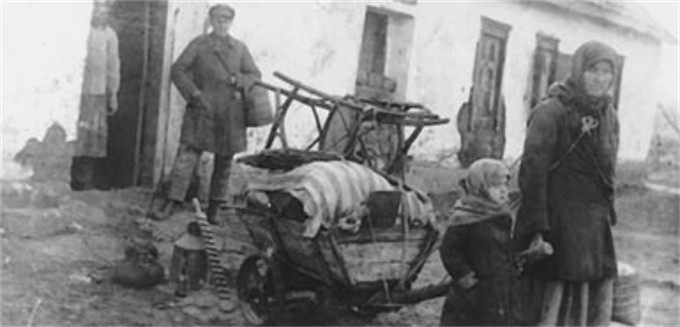Confiscation
Confiscation. Forced and uncompensated seizure of property by the state resulting from a court decision. Confiscation has long been practiced and appears in almost all criminal codes as a primary or, more frequently, as a supplementary punishment.
In the Princely era confiscation was called banishment and seizure (potok i rozhrableniie) and was usually associated with capital punishment or exile. The confiscated property was used to cover damages and to enrich the princes' treasuries. In the Grand Duchy of Lithuania confiscation had a similar function, except that it was sometimes associated with the punishment of deprivation of honor. In the Hetman state confiscation usually accompanied capital punishment or deprivation of honor.
In the Ukrainian SSR, according to the Criminal Code of the Ukrainian SSR, full or partial confiscation of property could be a punishment in itself or a supplementary punishment (the usual practice) and was associated with military, economic, administrative, or state crimes. Creditors' claims were settled by the state from the confiscated property of the convicted party. The state's appropriation of objects that had a physical connection with a crime—weapons, printing facilities, manuscripts, etc—differed from confiscation in nature and purpose. This power of appropriation was often exercised by the Soviet courts and administration.
There was a distinction between judicial confiscation and ‘revolutionary’ confiscation based on decrees or administrative decisions. The latter was widely applied by the Bolsheviks after they came to power. State appropriation of property, including land, with compensation differs from confiscation (see Expropriation).
Confiscation wss also used by the Soviet state to prevent the publication of certain books or materials in the press (see Censorship).
Vasyl Markus
[This article originally appeared in the Encyclopedia of Ukraine, vol. 1 (1984).]

